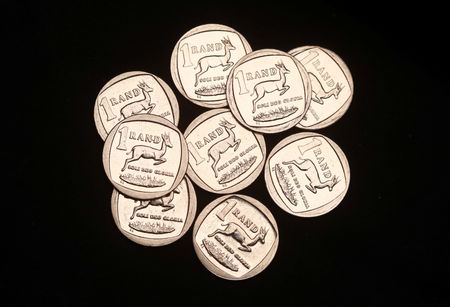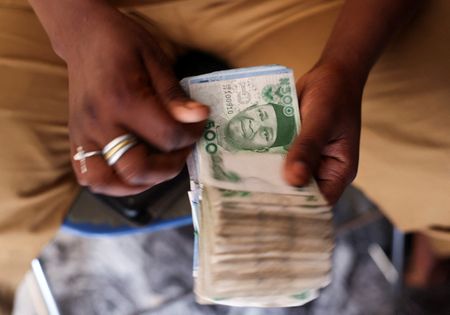GABORONE (Reuters) -Botswana said on Thursday that it would allow its pula currency to depreciate by 2.76% over the next year, a faster rate than previously announced, as its economy is under pressure because of a prolonged downturn in the global diamond market.
The Southern African country reviews its exchange rate twice a year, adjusting it upwards or downwards through a crawling band exchange rate regime under which the pula is pegged to a basket of currencies including the South African rand.
Botswana has long been seen as one of Africa’s economic success stories.
But that has been tested by the diamond market downturn, which caused gross domestic product to contract 3% last year and could trigger another contraction this year.
“The recent decline in foreign exchange reserves further worsened by the current macroeconomic environment has the potential to compromise the stability of the exchange rate mechanism,” finance ministry official Sayed Timuno told a press conference.
Timuno said President Duma Boko had approved the upwards revision in the pula’s annual rate of depreciation to 2.76% from 1.51% set in December.
“This is meant to enhance competitiveness of domestic goods and services.
This will also help moderate demand for foreign exchange and support preservation of foreign exchange reserves,” he said, adding another review of the pula’s exchange rate would happen at the end of the year.
Botswana has typically held foreign reserves equal to more than 10 months of import cover, but reserves have been declining since 2018 and fell to a record low of 5.2 months in February this year, a BMI research note published in June said.
Despite the fall in reserves, BMI analysts said Botswana had not witnessed an acute shortage of foreign exchange of the kind seen in other African countries like Nigeria and Angola in recent years.
(Reporting by Brian Benza; Writing by Alexander Winning; Editing by Aidan Lewis)










